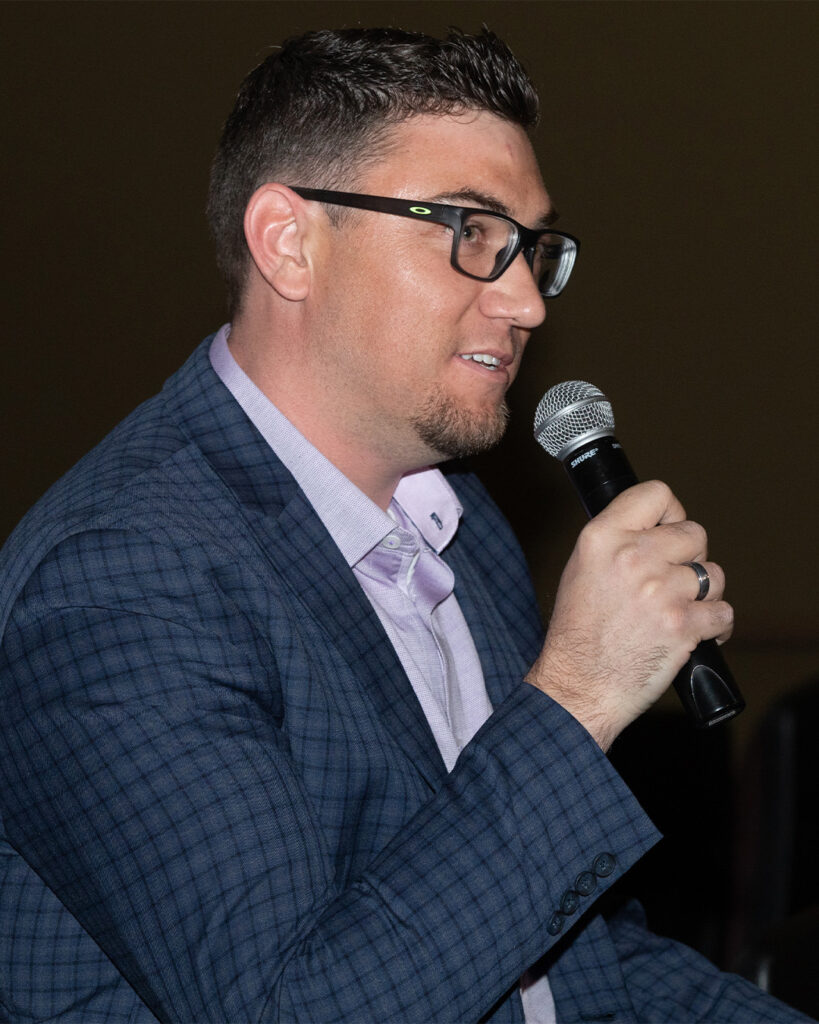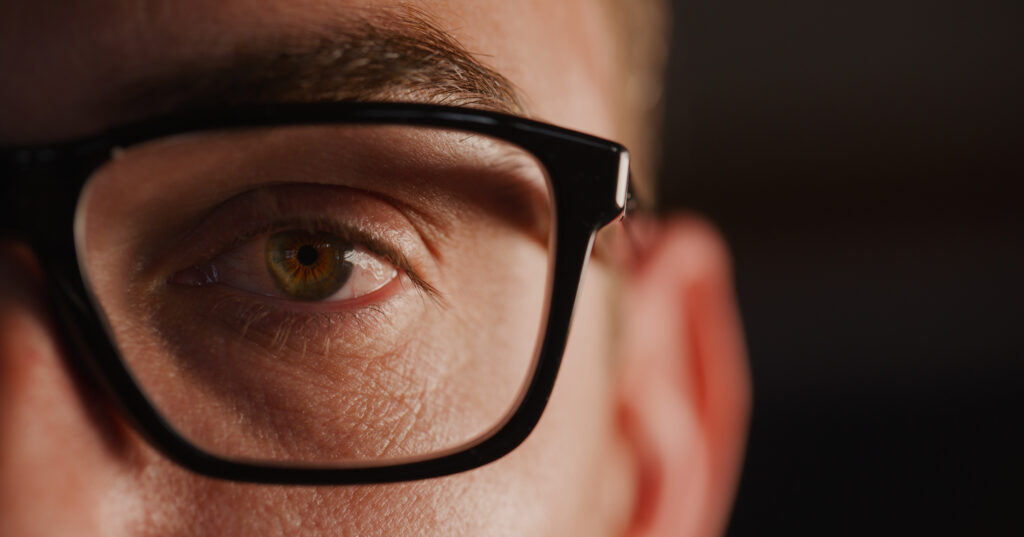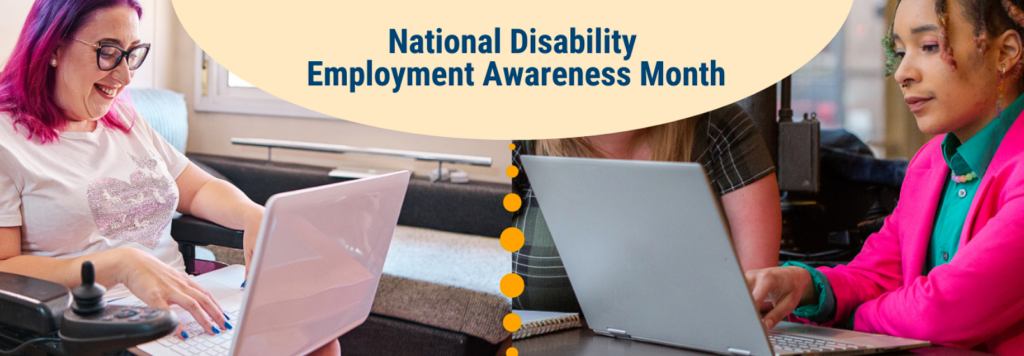Because I Am Disabled: Autistic and Working on Films
by Blog Writers
by Scott Klumb
Because I am disabled, I have fought through the highs and lows of employment and have found my stride. After years of trying different jobs in customer service and mental health, I have ultimately found my place in filmmaking.
As an autistic adult, I have an extremely high attention span that others could only dream of. This is a common trait amongst autistic people, and when it comes to filmmaking, seeing the details is key. On set, I am able to keep track of nearly everything to make sure the film shoot goes smoothly and that the continuity of the footage all matches up. When there is no time to plan ahead, I can visualize a storyboard in my head with post production in mind and have every shot work together wonderfully. Finally, in editing for post production, being able to see every little detail is crucial, even if it’s down to one little frame. Over the years, my editing skills have stood out to many people and I have continued to perfect my craft. I enjoy editing most every subject matter and am very good at incorporating music into my stories.
 One of my most significant accomplishments was winning Best Editor of the 2020 Easterseals Disability Film Challenge which led to many life-changing opportunities. The theme was documentary filmmaking, and I made a film called Autism Ability, highlighting my life as an autistic creator. I had five days to create the film from start to finish. At the time, I thought I would participate in the challenge to simply give myself something to do because it was during the pandemic. Before I knew it, out of approximately 90 submitted films, I stood out as the “Best Editor.” This led to meetings with higher ups at HBO who connected me with other award-winning video editors from around the country. Some of these editors worked on shows such as Westworld, Dexter, and others. I was also connected with a movie-trailer company because they saw the potential in my editing and thought I would be a great fit with editing movie and TV trailers for Hollywood.
One of my most significant accomplishments was winning Best Editor of the 2020 Easterseals Disability Film Challenge which led to many life-changing opportunities. The theme was documentary filmmaking, and I made a film called Autism Ability, highlighting my life as an autistic creator. I had five days to create the film from start to finish. At the time, I thought I would participate in the challenge to simply give myself something to do because it was during the pandemic. Before I knew it, out of approximately 90 submitted films, I stood out as the “Best Editor.” This led to meetings with higher ups at HBO who connected me with other award-winning video editors from around the country. Some of these editors worked on shows such as Westworld, Dexter, and others. I was also connected with a movie-trailer company because they saw the potential in my editing and thought I would be a great fit with editing movie and TV trailers for Hollywood.
Since the 2020 Easterseals Disability Film Challenge, I have continued making films that have been in nearly 50 film festivals around the world and won 12 awards. As my film resumé continues to grow, I receive more and more opportunities to work on feature films, short films, and freelance projects. My film career is not just limited to editing, as I have also been asked to be the director or cinematographer. Just like any industry, some of these opportunities have come to light and others have fallen through the cracks. But regardless, work leads to work and I am getting more opportunities these days than I ever have.
Because I am disabled, I have the ability to hyperfocus. The National Institutes of Health defines the term Hyperfocus as “a phenomenon that reflects one’s complete absorption in a task, to a point where a person appears to completely ignore or ‘tune out’ everything else.” Hyperfocus usually shows itself with me when I am editing films. As soon as I get in this state of mind, it feels like I am so focused that nothing stands in my way. 9 to 12 hours of intense editing feels like I have only been working for five or six hours. I am so grounded that I rarely leave my chair, and I work throughout that duration of time. Sure, hyperfocus can have its struggles, but I have learned to flip the script and look at the bright side of hyperfocus and how it has helped me throughout my film career.
Because I am disabled, I have gained a level of compassion and empathy towards working with disabled people which separates me from other filmmakers. I see how accommodations can lead to success. My clients and team have frequently told me they have never felt so comfortable with a filmmaker and that it alleviated all of their stress. Because of my empathy, I am able to focus on other people’s experiences along with the finished product, versus just caring about getting the job done and moving on. This allows me to work well with others and know how to pace the filming so that my clients, especially disabled people, are not overwhelmed during the process.
It has taken time to get to this point in my life and have the successes that I’ve had. But through perseverance, nearly anything is possible. I have had many other jobs as a disabled person including being a golf caddie and an adaptive ski instructor. Because of my high attention to detail when being a golf caddie, I could visualize exactly where the ball was going to go, which made me excellent at reading greens. I have held other jobs too, but have found that anything in customer service is extremely difficult for me because I struggle with handling social cues and communication. I have learned that holding a traditional job was out of the question for me and that I wanted to pursue my passion for film full time.
Don’t get me wrong — communication with clients as an autistic filmmaker can be difficult, but that’s why my friend who specializes in audio engineering also works for me at SMK Media. Not only do we work well together technically, he also helps me with emails and zoom meetings to alleviate the struggles I face with communication at times. In a sense, this is an accommodation for me. When clients work with my company, SMK Media, we require clear communication throughout the projects so that we are all on the same page and I can deliver the best product possible. Yes, I am disabled, but that does not mean I cannot have a successful career. I continue to keep my head up and work hard.
Because I am disabled, I am an award-winning filmmaker that people want to hire for their projects.
Scott Klumb is an award-winning filmmaker. He is a storyteller, cinematographer, and editor, knowledgeable in a wide array of film styles, including documentary, where he creates artistic films with meaningful stories to captivate his audience. Scott has found a passion for filmmaking, pursuing his talent both professionally and in his free time. Scott’s films have been in dozens of festivals across the world. The notoriety has been encouraging, but Scott’s primary focus is to encourage others and continue his growth as a filmmaker.







